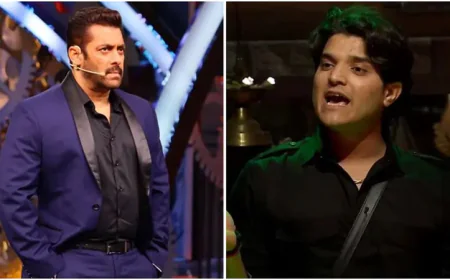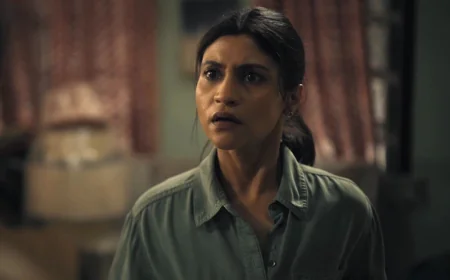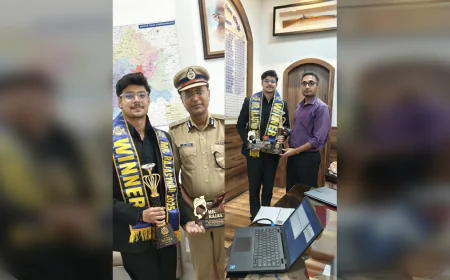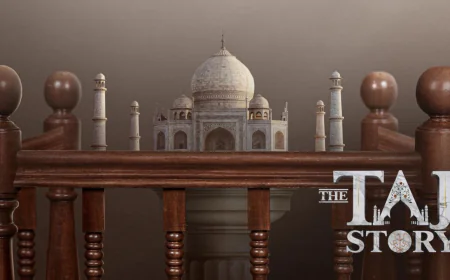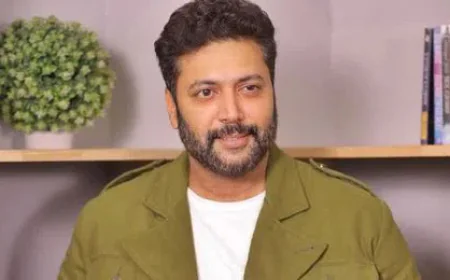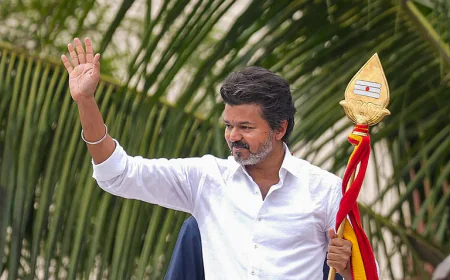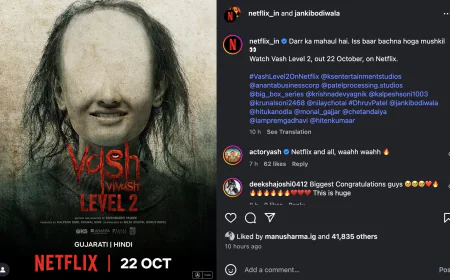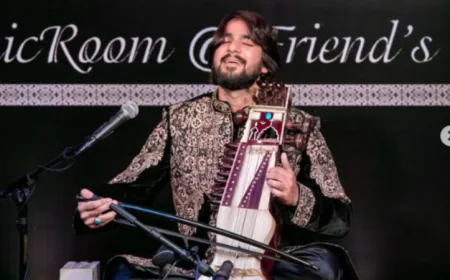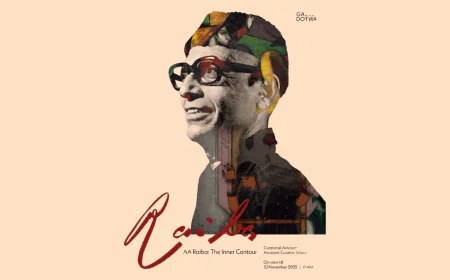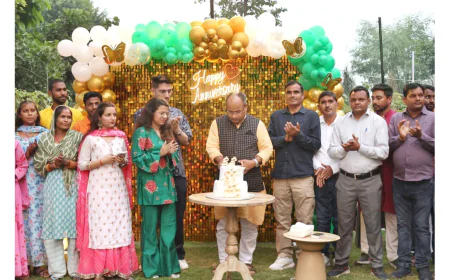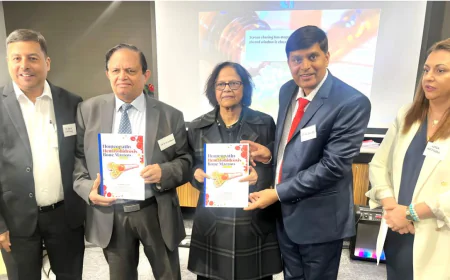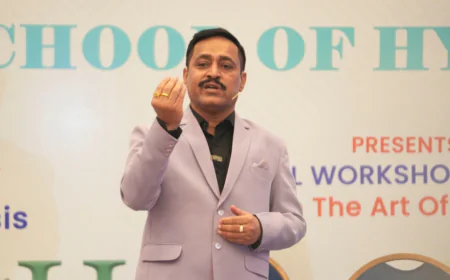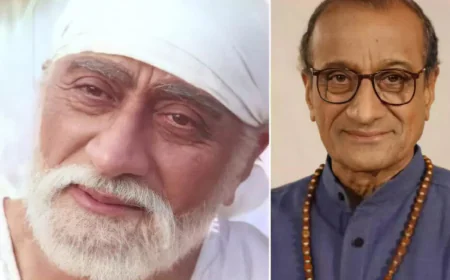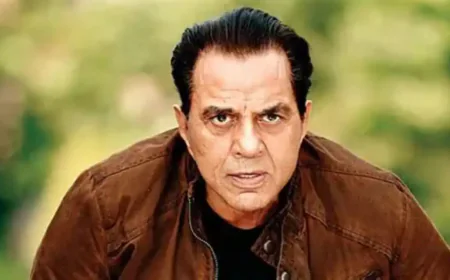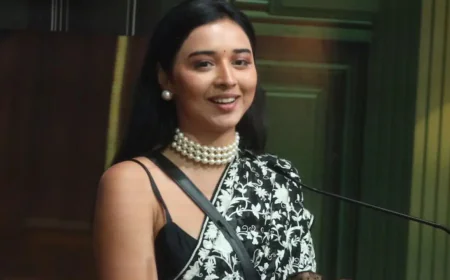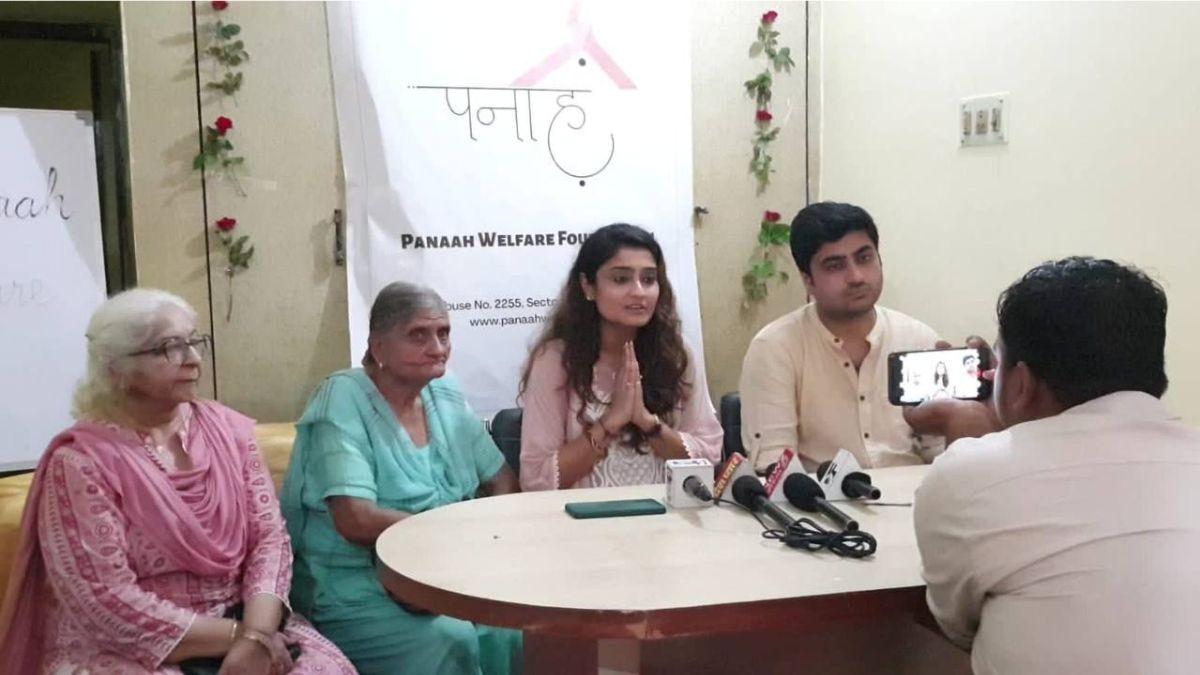Rinku Ghosh
The day is considered spiritually significant as Lord Krishna’s birth is celebrated to honor his divine mission of eradicating evil and establishing dharma. As a child, and even today, we observe a fast until midnight, the time Krishna was born according to Hindu scriptures. We used to make a palna (cradle) for Nandlal (a loving name for baby Krishna) and prepare sweets or kheer for him. The next day, we celebrate Dahi Handi, a joyous occasion marking Krishna's birth, by forming human pyramids or tall human towers to break the handi, symbolizing the pot of butter. As a child, I remember that the day before Janmashtami, boys would dress up as Krishna, and girls would dress up as Radha and go to school. My 9-year-old niece does the same today.
Hansa Singh
The best celebration I have witnessed as a child remains so fresh in my mind, and I wish to recreate it all on Janmashtami. My family hails from Mathura, and it’s all about Krishna, our beloved Laddu Gopal. We would stitch new clothes for him, decorate his jhoola (swing), and prepare all the delicacies with prasad of "Panjiri," as we say, pakka khana: poori, sabzi, raita, and kheer... sigh. At midnight, we would all sit together and perform pooja to celebrate the birth of our Laddu Gopal, followed by a night filled with bhajans. This year, I will be with my family, so I will feel the same warmth and camaraderie, asking for his blessings as always.
Sherleen Dutt
As a child, Janmashtami was a day of excitement and joy. I loved helping my family decorate the puja room with flowers, rangolis, and little idols of Lord Krishna. Dressing up as Radha or Krishna, and participating in the Dahi Handi event, where we formed human pyramids to break a pot filled with curd, were highlights of the day. The celebrations ended with a special feast of Krishna's favorite dishes prepared by my mother. As I've grown older, Janmashtami has become more intimate, often celebrated with close family or on my own. While the grand communal aspect has faded, the day remains special for reflection and reconnecting with my spiritual side. Despite the fast pace of modern life, these festivals still hold great relevance, reminding us to pause and focus on what truly matters.
Aadesh Chaudhary
As a child, Janmashtami was a day filled with joy and anticipation. I remember waking up early to help decorate the house with flowers, small idols of Lord Krishna, and tiny footprints symbolizing Krishna's walk into our home. The highlight was participating in the midnight celebrations, where we sang bhajans, performed aarti, and broke the Dahi Handi, which was always a fun and spirited event. Regarding the relevance of festivals like Janmashtami in today’s busy world, I believe they still hold great importance. They offer a chance to pause, reflect, and connect with our cultural roots. While the way we celebrate may evolve, the values and teachings associated with these festivals continue to provide meaning and a sense of community. In a fast-paced world, these traditions remind us to slow down and appreciate the spiritual aspects of life.
Shivangi Verma
As a child, Janmashtami was always a day filled with excitement and joy. We would set up a small cradle for baby Krishna and stay up late to celebrate his birth at midnight with bhajans and sweets. Being born on Janmashtami makes the day even more special for me—haha, my birthday and the celebration of Lord Krishna’s birth add an extra layer of meaning.Even though our lives have become busier, I believe these festivals are still incredibly special. They bring us back to our roots, reminding us of the values and stories that shape our culture.
Rushad Rana
I have never really celebrated Janmashtami, but I don’t think the relevance of festivals is diminishing in our country. In fact, our country thrives on our festivals, and it will continue to do so. We should never lose touch with our roots, culture, and traditions, as they are what make India what it is.






